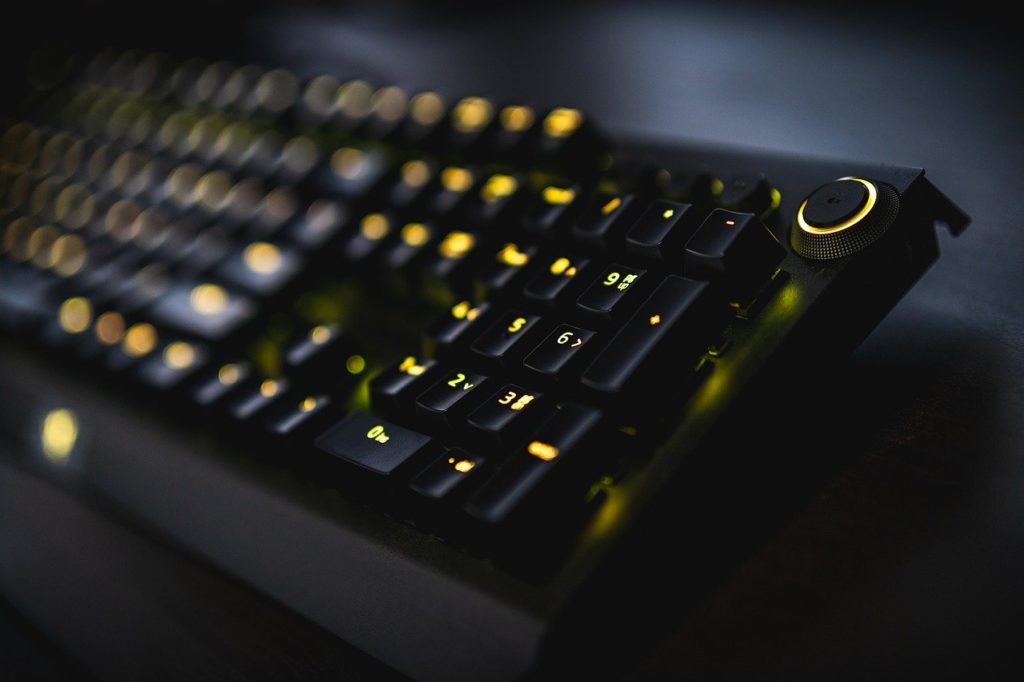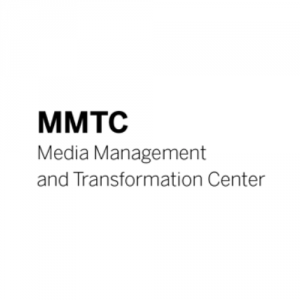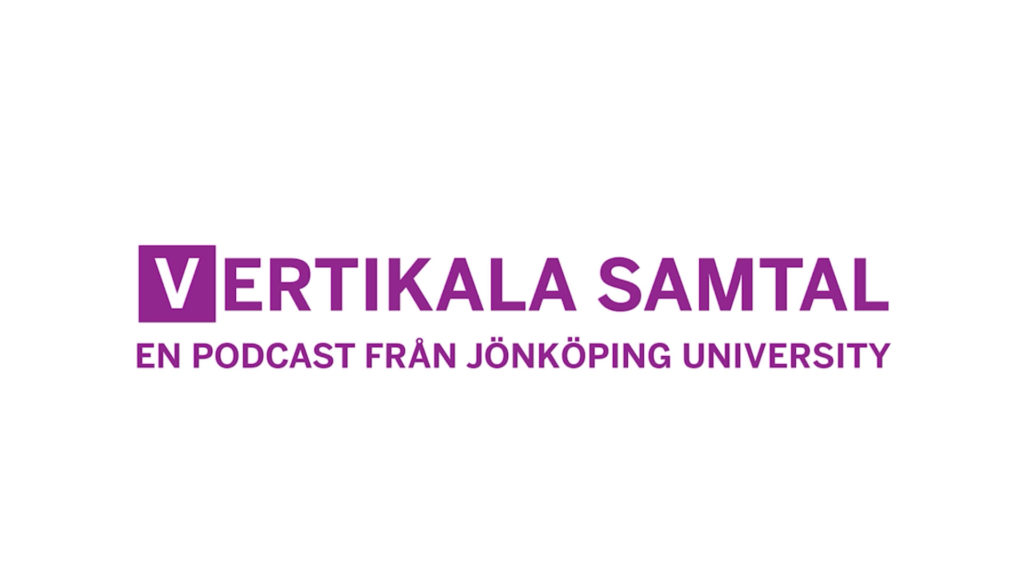Media Management and Transformation Centre (MMTC) at JIBS
Esports is Truly Global – Watch out Sweden!
Vietnam is a rapidly developing country of 90 million people, half of whom are under 30. It’s a mobile first country meaning the internet started spreading in the country with the advent of smartphones. Some estimates say there are 40 million mobile gamers in the country and in esports, the Vietnamese League of Legends teams were so dominant in South East Asia, they had to be given their own league to give other countries a chance of success.

We set out to see what the gaming culture was there and how Vietnam’s unique culture informed this culture. Vietnam’s emerging gaming scene is a mix of western, Asian and Vietnamese influences that we identified as glocalised or as we said “Vietnamese gaming culture can be described as a rapidly developing phenomenon that reflects similar characteristics to those in other parts of the world, while incorporating unique aspects, practices and trends that reflect the continuing cultural and economic development of the country” (McCauley, Nguyen, McDonald & Wearing, 2020).
We also found that they are highly competitive and have unique social practices. While cyber cafes are declining in developed countries, in Vietnam they are increasing in popularity. So, what this means is that Vietnamese players spend a lot of time honing their skills in a competitive environment and not by themselves in their bedrooms. LAN dodgers they are not. The GG Stadium opened up as a competitive venue for League of Legends in Ho Chi Minh City in 2019 with game publisher RIOT clearly seeing the potential of the market there.
So why is this important? Well as esports moves towards increased popularity, visibility and legitimacy, it is also becoming more competitive. For a relatively small country Sweden has consistently punched above its weight in early esports success and continues to enjoy success to this day! Esports is now pervasive as an activity in Swedish schools and is ever increasing as the hobby of choice for the younger generations in a world where mid twenty somethings are seasoned veterans.
The European Esports Federation (EEF) was recently established by 23 national federations in Brussels including Sweden’s Svenska E-sportförbundet. This is a great example of how regional actors work for esports through building the culture, legitimising the context and developing institutions (McCauley, Tierney & Tokbaeva 2020). It’s only the beginning for this new European approach and too early to see what the results will be, but Svenska E-sportförbundet should be applauded for taking the opportunity to take their work for Swedish esports forward.
”Sweden was an early adopter of games and esports through government funding that built early internet infrastructure. As a result, Sweden has been at the forefront of esports when it comes to organizations, companies and players. What we are looking at now is the development of a healthier and better grassroots movement where we (Svenska E-sportförbundet) and other organizations like Female Legends or Malmö E-Sport work with support from the government to make sure the future for Swedish esports is bright. It’s not only about success but also supporting new players to learn about the culture, physical well-being and mental health”
Jonas Öberg – Svenska E-sportförbundet
The development of the esports context continues to prove an engaging spectacle and associated research remains in the early stages. The paper on Vietnamese gaming culture is open access so you can read it here https://www.tandfonline.com/doi/full/10.1080/02614367.2020.1731842 , if you would like to read about how local esports actors shape a regional market please feel free to email me for a copy.
Author
Dr Brian McCauley is a postdoctoral researcher at the Media, Management and Transformation Centre in Jönköping International Business School. He is also a founding member and director of The Esports Research Network https://esportsresearch.net/
Email him at brian.mccauley@ju.se or follow him on Twitter at https://twitter.com/DrBrianMcCauley
Brian McCauley, Truc Ha Thanh Nguyen, Matthew McDonald & Stephen Wearing (2020) Digital gaming culture in Vietnam: an exploratory study, Leisure Studies, DOI: 10.1080/02614367.2020.1731842
Brian McCauley, Kieran Tierney & Dinara Tokbaeva (2020) Shaping a Regional Offline eSports Market: Understanding How Jönköping, the ‘City of DreamHack’, Takes URL to IRL, International Journal on Media Management, DOI: 10.1080/14241277.2020.1731513
Detta är en bloggtext. Det är skribenten som står för åsikterna som förs fram i texten, inte Jönköping University.


.png)

